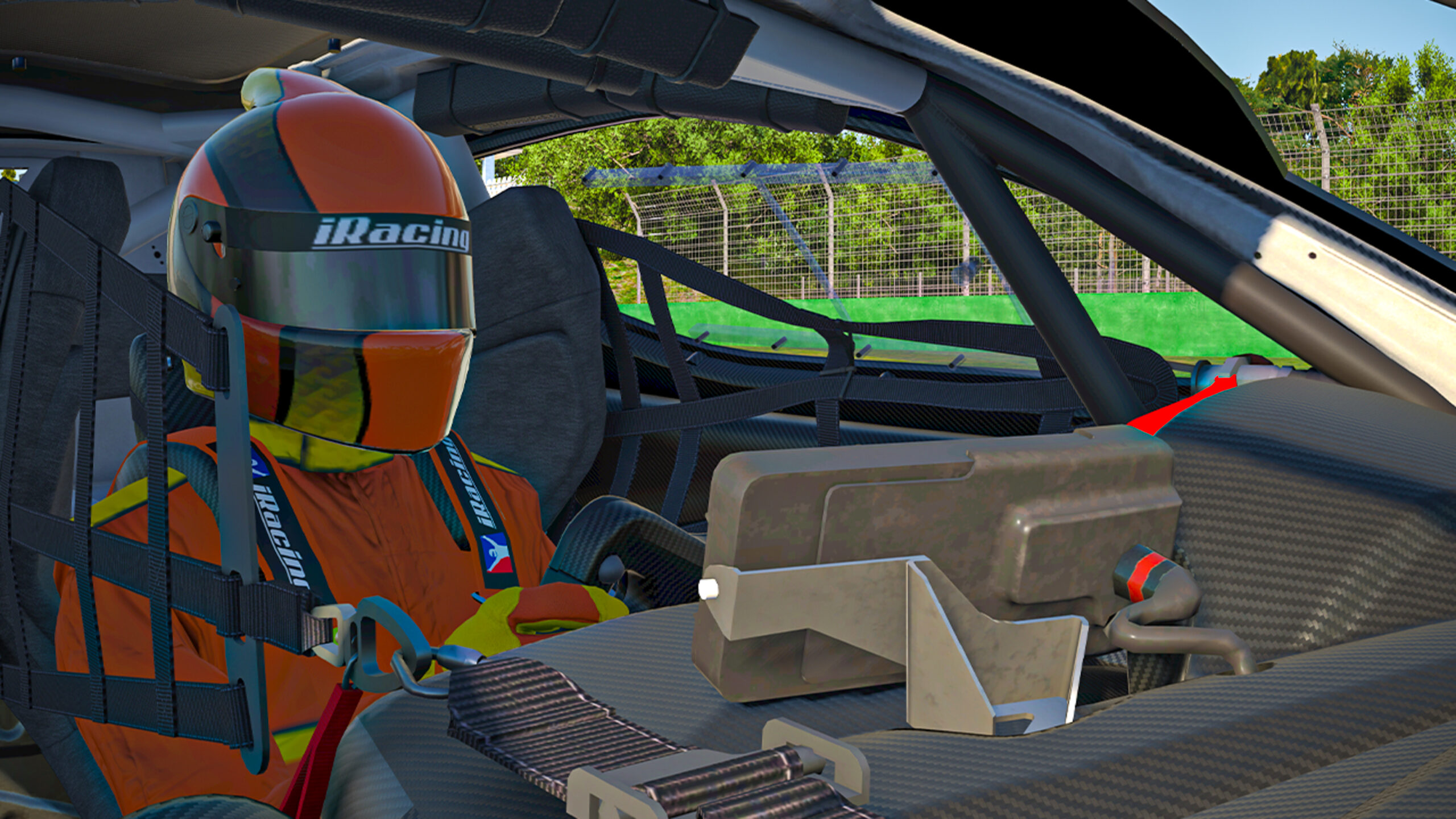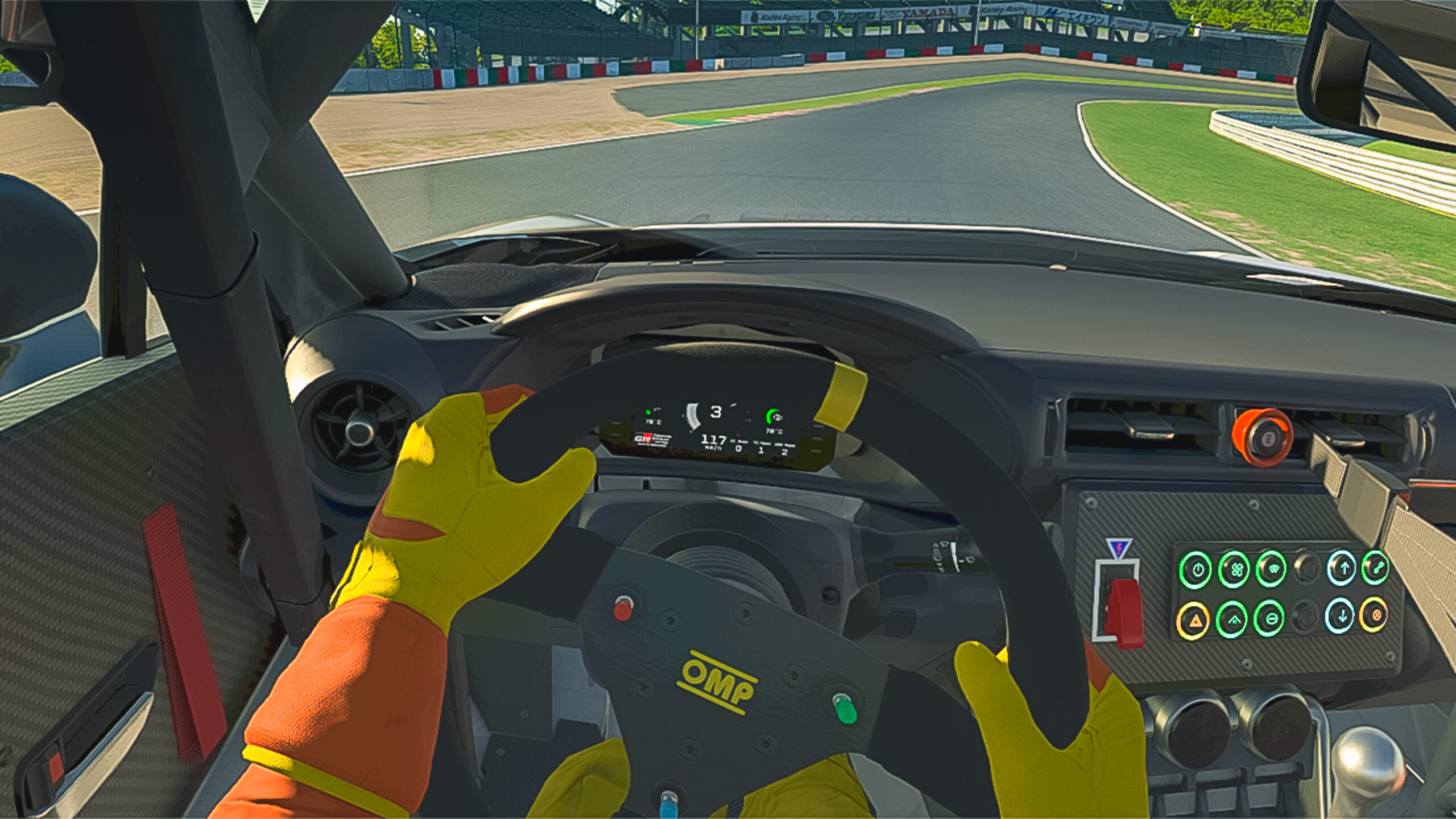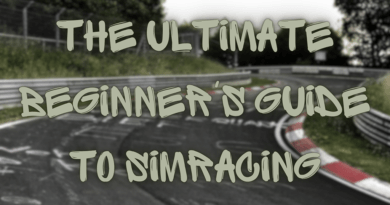Thinkers vs Doers: Why Execution Matters More Than Knowledge in Sim Racing
Sim racing attracts detail-oriented drivers. Many of us study setups, watch endless onboard videos, and read guides about weight transfer, tire management, and racing lines. But knowing what to do and consistently doing it under pressure are two very different skills.
This gap between thinking and doing is where most sim racers get stuck. They understand concepts like trail braking or late apexes, but when it comes to executing them in real races, mistakes creep in, bad habits resurface, and progress stalls.

The Problem with “Thinking Only”
Knowledge without application creates a false sense of improvement. A driver might spend hours watching tutorials or reading about braking theory but still lose time in every braking zone because they’ve never trained the skill deliberately.
Common signs of a “Thinker” in sim racing:
- They can explain driving techniques but struggle to apply them.
- They keep searching for the “perfect setup” instead of refining their inputs.
- They review lap times constantly but don’t identify specific mistakes.
- They improve in theory but not in actual on-track performance.
Why Execution Matters More
At the end of the day, racing is measured in lap times, consistency, and results—not in knowledge retained. Execution requires developing muscle memory, car control, and the ability to stay composed under pressure.
This is why the fastest drivers are often not the ones who “know the most,” but those who practice deliberately and translate information into repeatable actions on track.
Bridging the Gap: From Thinking to Doing
Moving from knowledge to execution requires structure and feedback:
- Focused Practice
→ Instead of driving full races, isolate skills. For example, dedicate a session only to practicing trail braking focusing on the feel of rotating the car with your feet. - External Feedback
→ It’s difficult to spot your own mistakes. Coaching or group reviews expose blind spots you can’t see in your own replays. - Drills & Repetition
→ Muscle memory comes from repeating correct behavior. Just like real drivers use skid pads or braking drills, sim racers benefit from structured exercises. - Accountability
→ Many drivers know what to do but lack consistency. Being part of a team or community can help maintain the motivation high.

How We Work on This in Coaching & Workshops
I’m Marian Barbieru, a sim racing coach and the creator of the GITGUD Racing courses. Over the past three years, I’ve helped hundreds of sim racers—from beginners to top split drivers—improve their technique, racecraft, and consistency.
This focus on execution is at the core of both my 1:1 coaching and the group workshops I run on my Discord server. Here’s how I approach it:
- Reviewing racing technique live and correcting inputs.
- Running group drills to simulate real racecraft situations (starts, overtakes, defense).
- Giving immediate feedback so the right habits stick.
The result is that drivers stop just knowing what to do and start doing it consistently—which is where real improvement happens.
In my opinion, good execution beats knowledge every time. Thinking is important, but it’s only the starting point. The real gains come from practicing deliberately, getting feedback, and building consistency under pressure.
That’s why I encourage every sim racer to ask themselves: Am I just a thinker, or am I becoming a doer? The sooner you shift that balance, the sooner your results will follow.
Marian Barbieru — Sim racing coach, online racing course author, and content creator at GITGUD Racing.
I help sim racers improve lap times, master proper racing techniques, and build consistency in iRacing.

Do you want to stay informed about SimRaceBlog content, news, announcements and (future) give-aways? Follow us on Instagram @simraceblognl and/or our Discord channel.



